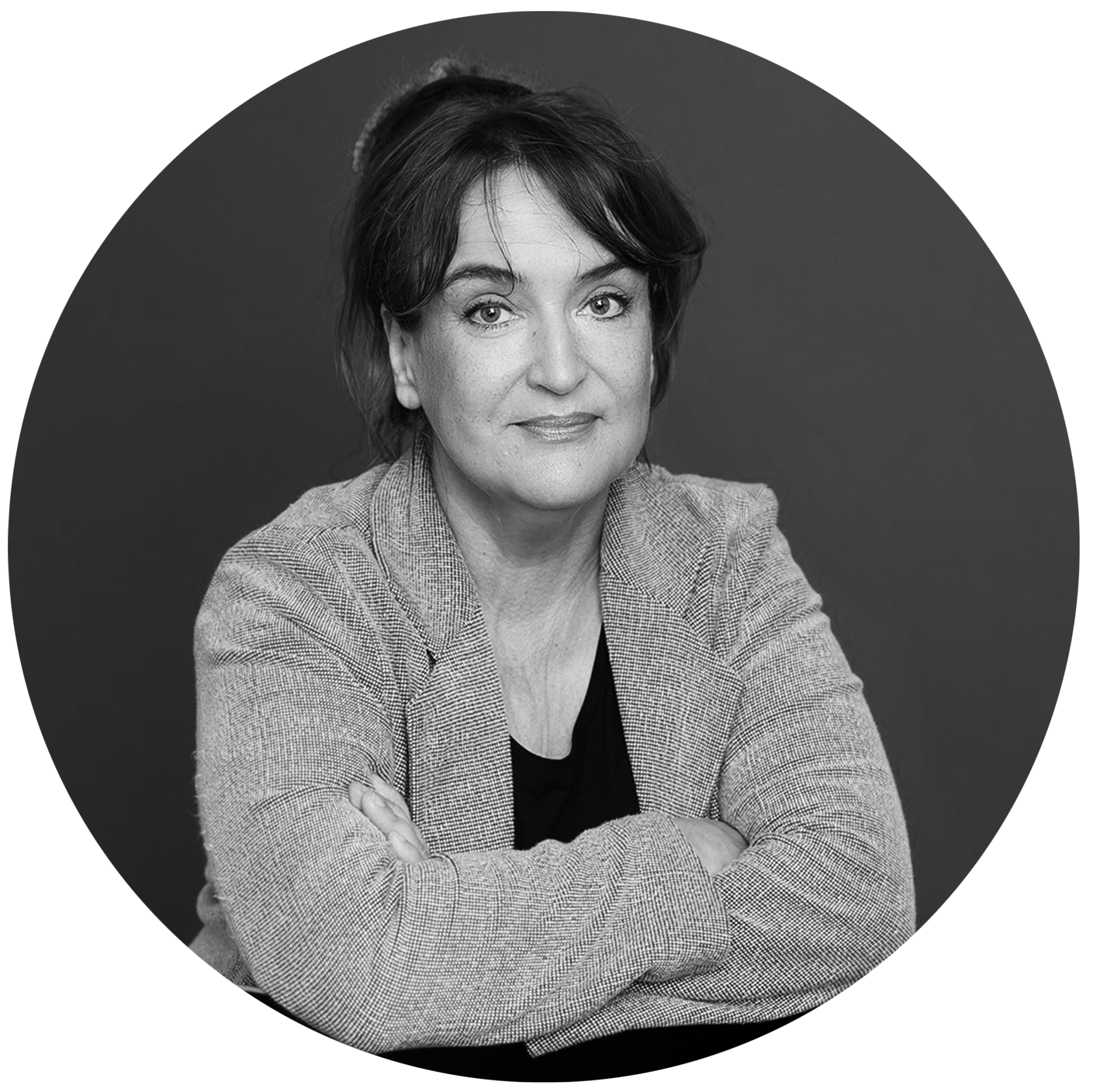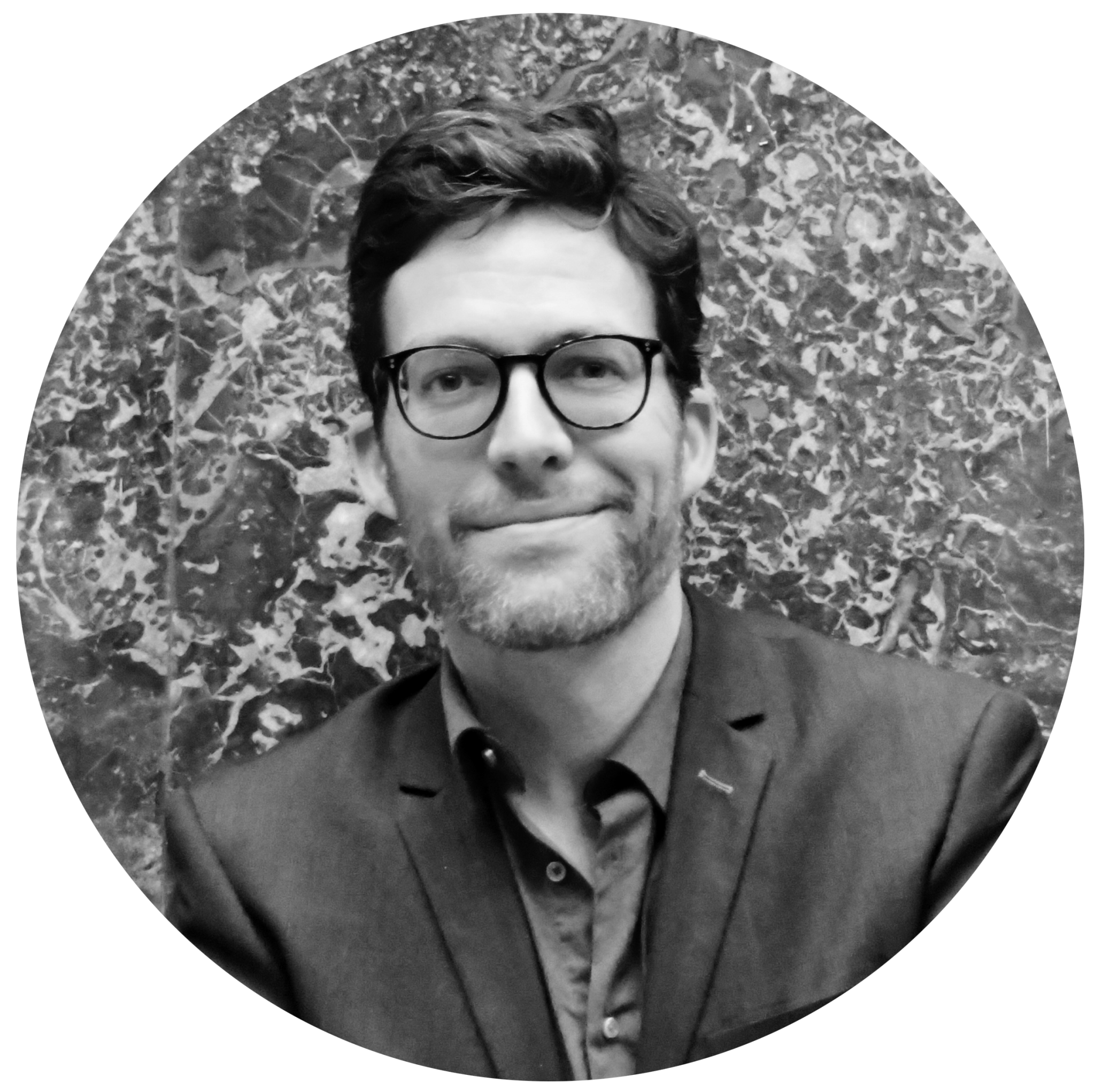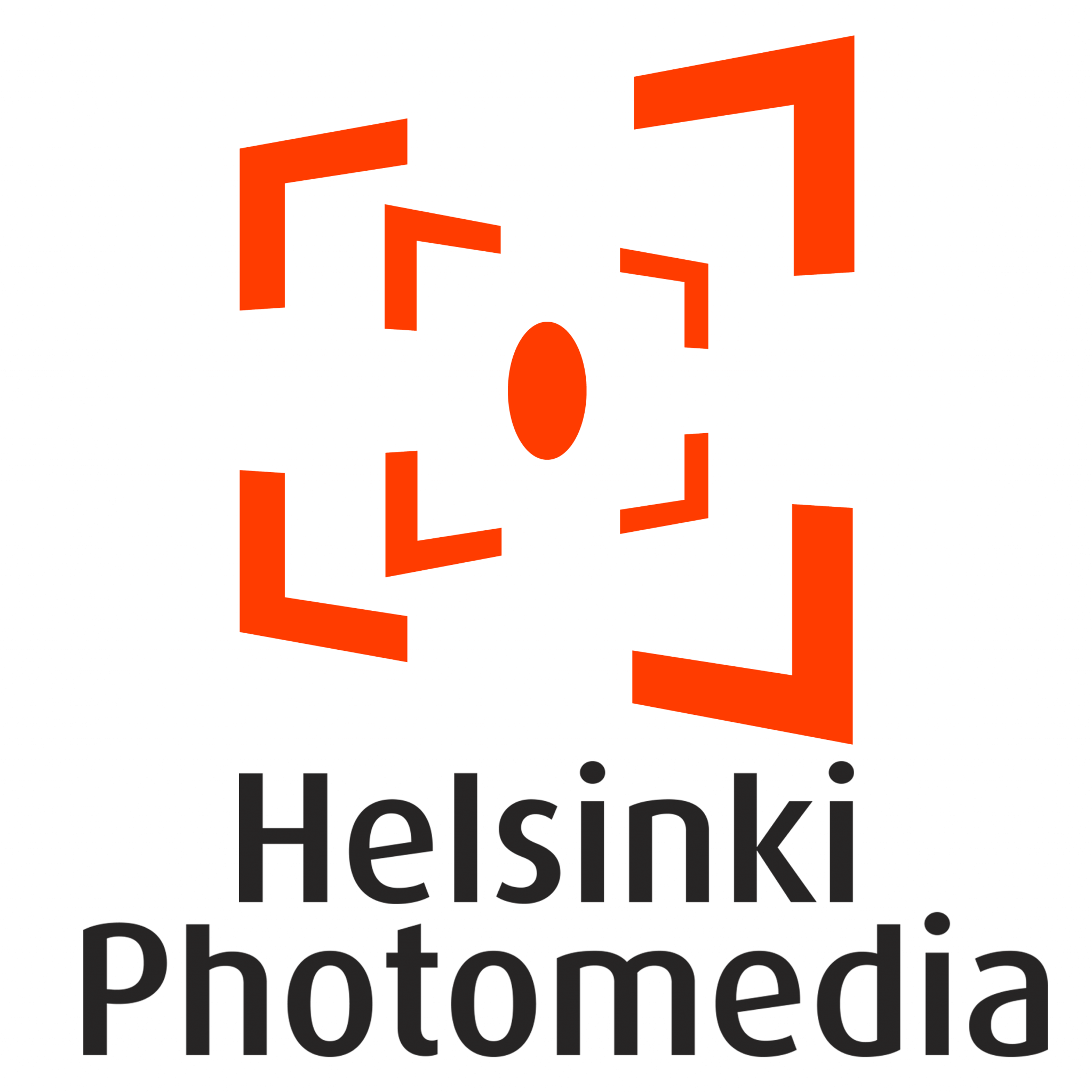Keynote Speakers
Bernhard Siegert

Slimy Images: The Media of Plankton (1889 – today)
Because it constantly oscillates between medium and form, Plankton challenges the very conditions of representability. Therefore plankton research in general and especially plankton visualization had to permanently reflect on the conditions, infrastructures and challenges of mediatic visibility. The talk therefore undertakes to reconstruct the history of plankton research in the North Atlantic from the angle of a praxeology of media. First, the necessity of why the so-called Environmental Humanities need a media theory that overcomes the logic of representation is explained. Keywords here are: environing media, operational images, medianatures. Second, the media practices (or “Kulturtechniken”) are analyzed by which we can distinguish various epochs of plankton research in the North Atlantic, which gave rise to different “medianatures” of plankton. Thus, it can be shown that the media history of microbiological oceanography proceeds through unstable distinctions between medium and message. The historical analysis is complemented by material obtained in the summer of 2023 on own field trips in the North Sea, which highlights the problems of imaging and identifying objecthood-averse objects.
Bernhard Siegert is Gerd Bucerius Professor for the History and Theory of Cultural Techniques at Bauhaus Universität Weimar. From 2008 to 2020 he was co-director of the International Research Center for Cultural Techniques and Media Philosophy at Weimar (IKKM). Since 2021 he leads the project “The New Real – Past, Present, and Future of Computation and the Ecologization of Cultural Techniques” funded by the NOMIS Foundation.
Marjaana Kella

Modeling Works
For more than three decades, I have been fascinated by the mute and still ‘imageness’ of a photograph. Rarely do we find ourselves looking at that strange image. Instead, we see what the image represents. By pointing towards its subject, the photograph turns our mental eyes away from the image itself. Pointing is the work of the photograph, its performative power, the operating principle that our eyes have learned to follow blindly.
All our communication is permeated by models. They help us to look at the image and the object it represents. Models regulate the ways of appearing in an image, of taking an image and, equally, of looking at an image. We always see a photograph ”as something”.
In a portrait, both the photographer and the model follow different models. The image is a contract that implies a relationship between the two actors. In a photograph, the model often imitates a model: she is representing herself. At the same time, however, the portrait represents the idea of the image in a general sense. It is a kind of model for the whole paradigm of figurative art, as Jean-Luc Nancy has argued.
What if the image is not born in the way we thought? When algorithm-generated photograph-like images reveal their origins, the images lose their foundation. They are images computationally generated from previous pictorial models. They do not suggest anything else.
An entirely different model for the origin of the image is suggested by images whose origin is said to be the human mind. While such an image subverts the relationship between the photograph and reality, it turns attention to the act of viewing itself and crystallizes something essential about both the photograph and reality – or rather, what we call reality.
In my artistic work, I have explored the strange imageness of photographs in many ways. In my lecture, I will discuss my artistic work from the perspective of different models related to taking pictures and looking at them.
Marjaana Kella is Professor of Photography and Contemporary Art at the Academy of Fine Arts, University of the Arts Helsinki. As a visual artist, researcher and educator she has worked in the field of photographic practice for the last three decades. Most often her work intertwines with the ontological character of photography and its ability to make visible the pictorial nature of the world. Kella’s photographic works have been shown in numerous solo and group exhibitions internationally including venues in e.g. Maison Européenne de la Photographie Paris, Fundación BBK Bilbao, Tate Modern London, Museum Folkwang, Museum of Contemporary Art Kiasma and Helsinki City Art Museum.
Emmanuel Alloa

Stopped Dead. Notes on Photographic Time.
What the contact sheet promised to capture, since the birth of photography, is a fleeting moment in the ever-moving flow of life. Promising both to capture the moment and to preserve it for eternity, the photographic medium sees its fate intimately linked to the category of time. As the talk shall suggests, however, this inclusion of time in the image has been acquired, throughout the history of photography, at the cost of an essentialization of the momentary. In contrast to such a modelization of contact, the talk would like to offer an alternative approach. The photographic image should be rethought as a result of accident, so that the photograph no longer represents the fertile instant, but the time of the accident, which corresponds rather to a death sentence, both announcing and postponing the end toward a future past. “Stopped dead” then encapsulates two rather different things: the ancient dream of an interruption of what fades away, on the one hand, and on the other, the experience of bafflement in front of the unexpected, of that which shouldn’t have happened and yet stands right in front of our eyes.
Emmanuel Alloa is professor of philosophy at the University of Fribourg, where he holds the Chair for Aesthetics and Philosophy of Art. He is the author of various book and numerous articles at the intersection of contemporary philosophy, aesthetics, media theory and social philosophy. He is currently Invited Visiting Professor at Yale University. A recipient of the Latsis Prize 2016 and of the 2019 Aby Warburg Scientific Prize, he was associated curator of the exhibition The Supermarket of Images (Jeu de Paume, Paris 2020). His books in English include Resistance of the Sensible World: An Introduction to Merleau-Ponty (Fordham UP 2017, Looking Through Images. A Phenomenology of Visual Media (Columbia UP 2021) and The Share of Perspective (Routledge, forthcoming). He currently serves as president of the German Society of Aesthetics.
The 2024 conference program can be downloaded here.






